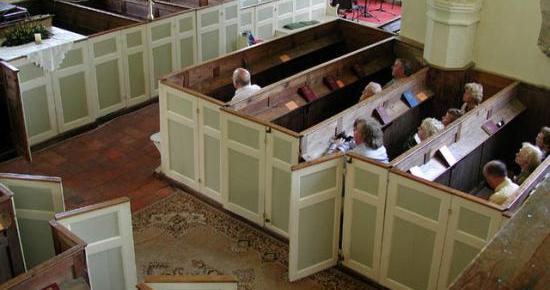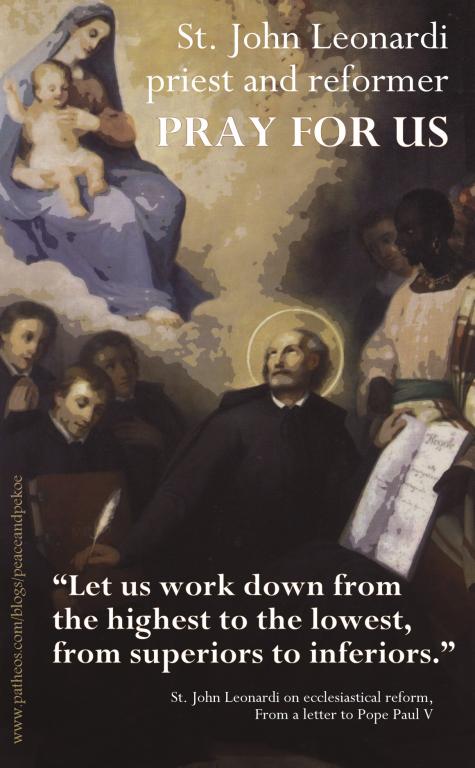“I have come to set a man against his father, and a daughter against her mother, and a daughter-in-law against her mother-in-law. And a person’s enemies will be those of his own household. Whoever loves father or mother more than me is not worthy of me, and whoever loves son or daughter more than me is not worthy of me. And whoever does not take his cross and follow me is not worthy of me. Whoever finds his life will lose it, and whoever loses his life for my sake will find it.” – Matthew 10: 35-39
Steel Magnificat wrote yesterday about some recent examples of the combox kerfuffles and internecine squabbling that are endemic to Catholic blogging and writing. Some have observed that it has worsened over this past year among American Catholics as they digest and react to the shifting landscape of American politics. From my perspective, close to the the US but not in or of it, I’d say that this is true. It’s been obvious for a long time that there are problems with professing allegiance to the Democratic party to the extent of abandoning Catholic morality. It’s become increasingly evident that Catholics should feel no more at home in the Republican party. Yet adherence to political ideology is too often used as a litmus test by Catholics feeling besieged by the surrounding culture and circling the wagons–and in this post-Charlottetown era, Catholics on both the right and the left are feeling besieged and bewildered at the places the culture wars have landed us and the strange allies made along the way.
Yes, the Church also teaches on pelvic issues, on holy days of obligation and so forth. Those teachings aren’t optional either, for the Catholic. I strive to obey them as best I can. I encourage my readers to obey them as well. But feeding the poor, opposing unjust war and striving for world peace are also the Church’s moral teaching. Her teaching is one; we’re not allowed to pick and choose which commands we’d like to obey, if we’re going to be faithful Catholics.
You can’t force the Church to fit within a political box without diminishing it into something both less transcendent and less immanent than the Church Christ founded for all time.
What worries me is that good people are handed this milquetoast Republican Catholicism and told it will see them through to the end of the race. And it isn’t enough. It’s not the whole of the Bread of Life. Man cannot live on culture wars platitudes alone.
A few generations ago, Catholics in the US found themselves de facto members of the Democratic party, there being no comfortable home for immigrants and aliens among Republicans at the time. It didn’t work any better to put hope in Kennedys over Christ. There was no more food for the soul in mainstreaming Catholics into places of political power.
Faith isn’t a list of opinions and policy positions. It’s not cliques and tribalism. It’s not Republican or Democrat. It is a relationship that has to be lived and which shapes everything.
And Christ tells us that our own tribal loyalties will not survive the encounter. “A person’s enemies will be of his own household.” Putting Christ first, as far as we know how, will upset dysfunctional cultures, challenge limited ideologies, throw codependent compromises out of whack. It will make people uncomfortable and appear, at times, like a betrayal of loyalties–political, personal, cultural.
A relationship with Christ discomfits and transforms as it draws a person in. It calls us to go deeper still, to find sustenance in waters we do not yet know how to navigate.
Duc in altum.
And I suck at it. But at least I know I suck at it. I keep trying and He keeps taking me back.
I am inspired by those who know they aren’t there yet, who are striving and struggling to put on Christ and let Him challenge everything–every earthly alliance, every platitude, every lazy habit of thought that obscures truth, every temptation to see others as not-people rather than as beloved children of God.
Duc in altum, friends.
Image credit: John Salmon via Wikimedia Commons













